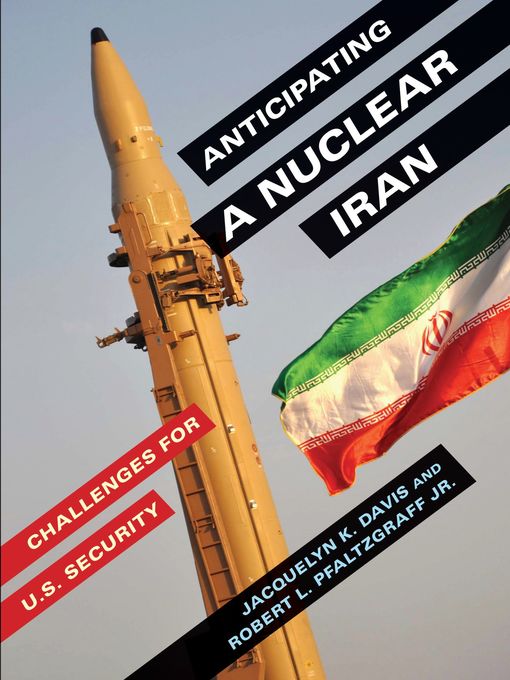- Listen! New Fiction
- Listen! New Non-Fiction
- Listen! New Fiction for Youth
- Most popular
- Available now
- Try something different
- See all
-
Description
-
Creators
-
Details
-
Reviews

- Jacquelyn K. Davis - Author
- Robert L. Pfaltzgraff Jr. - Author
Kindle Book
- Release date: December 17, 2013
OverDrive Read
- ISBN: 9780231535946
- Release date: December 17, 2013
EPUB ebook
- ISBN: 9780231535946
- File size: 2534 KB
- Release date: December 17, 2013

Loading
Formats
Kindle Book
OverDrive Read
EPUB ebook
subjects
Languages
English
